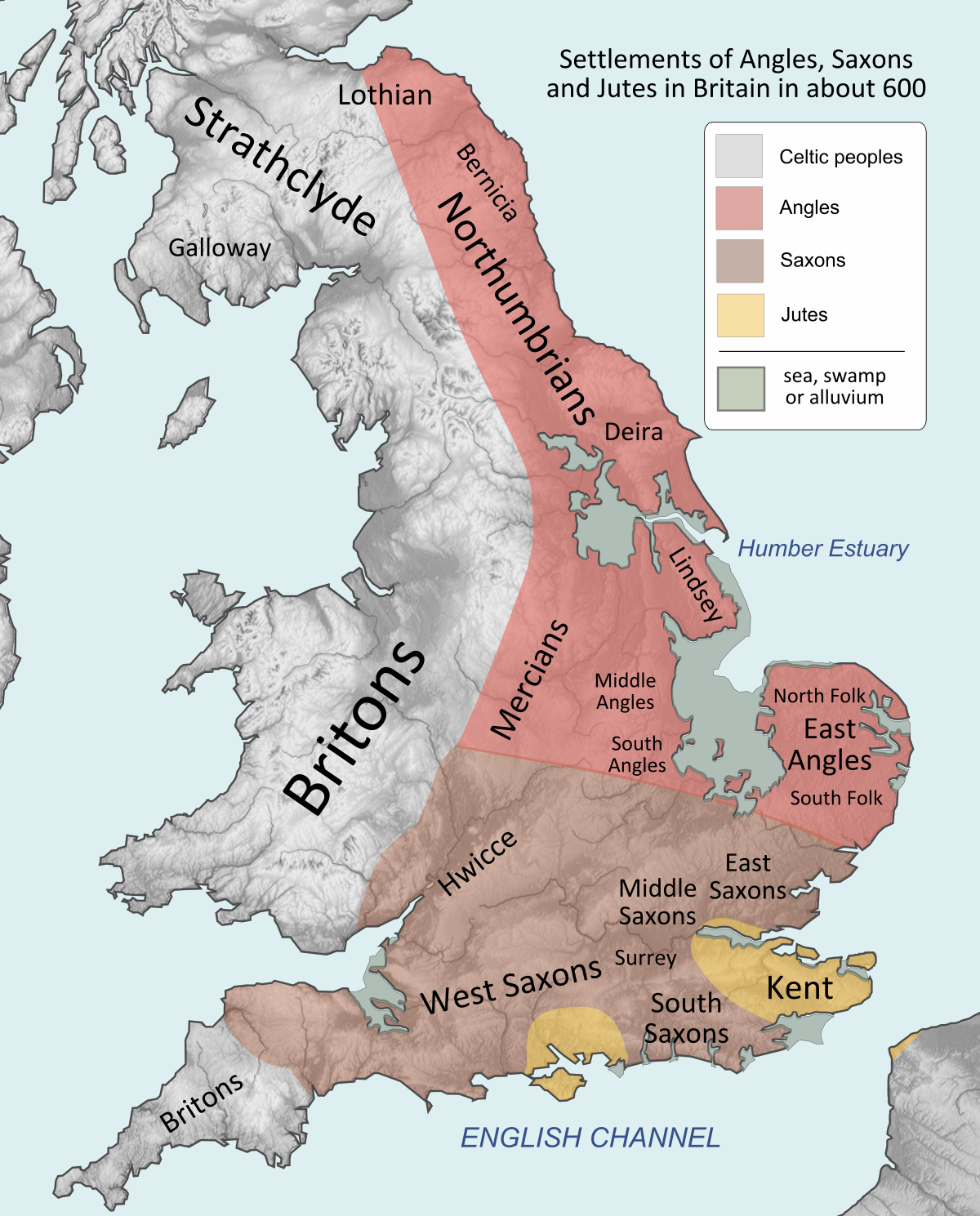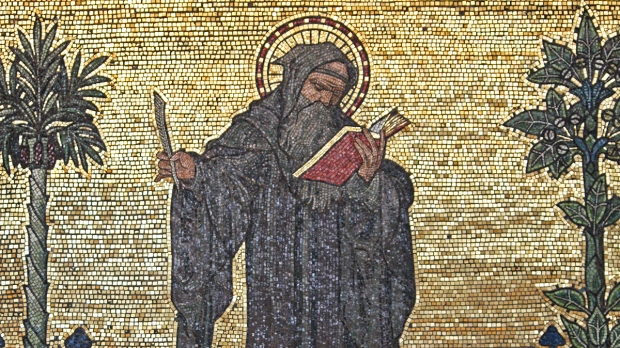In 682 AD, a seven-year-old boy (potentially orphaned) was put into the care of the twin monastery of Monkwearmouth-Jarrow, in the Kingdom of Northumbria, north-eastern England.
Known simply as “Bede”, the young boy was reared and educated in the abbey, and rapidly excelled in becoming a Benedictine Monk.
Unbeknownst to his carers, this young, enthusiastic student would become one of the greatest polymaths the world had ever known.
By the end of his life in 735 Bede – now called “Venerable” (one step below a saint) had penned over forty books on subjects ranging from history, science, arithmetic, biblical commentary, and even grammar.
By the High Middle Ages, his work was being read and studied widely across Europe, with his reputation even earning him a seat in paradise in Dante’s The Divine Comedy.
But in modern times the Venerable Bede – now known as the “father of English history”, is largely forgotten in the cultural zeitgeist (outside of certain academic circles).
It’s an oversight that Professor Sarah Foot, Regius Professor of Ecclesiastical History in the Faculty of Theology and Religion at Oxford University, has been striving to correct.
“Bead invents the English as a single people who are bound together by their ethnic Anglo-Saxon identity, and by the fact that they have a past that they share – they’re all migrant peoples who’ve come to live together on this island, they speak this language that they have together, and they are bound by their worship of the same God and their adherence to the one true faith,” she said, speaking on the Undeceptions podcast.
“The point of his history of the English church and people is to demonstrate to his readers how it was that this pagan, Germanic people living at the edges of the world … came to be brought inside the church, and thus the whole body of believing Christians past, present, and future.”
A light in the dark
Bede lived in the height of the “Dark Ages” – the label ascribed to the centuries between the fall of the Roman Empire in the 5th century and the Norman conquest of England in 1066 – in a Britain that consisted of multiple kingdoms.

A breakdown of the various kingdoms in England in Bede’s day
The island was also going through intense cultural change, having been steadily Christainised over the preceding century following missionary expeditions sent out by Pope Gregory I.
By the time Bede arrived on the scene, monasteries dotted the countryside and had become centre points for intellectual rigour and scientific discovery.
“(The monastery) was central to the religious, cultural, and intellectual life of England”, said John Dickson.
“They served as centres of learning and included scriptoriums where manuscripts were copied and illuminated.”
Bede himself had this to say about monastic life in early Middle Age England;
“I have spent the whole of my life within that monastery, devoting all my pains to the study of the Scriptures, and amid the observance of monastic discipline and the daily charge of singing in the church, it has ever been my delight to learn or teach or write.”
Bede the history maker
As Bede advanced in his career he proved himself a prolific writer and academic, often pestering travelling monks to borrow new works from neighbouring abbeys for him to devour for his own work.
It was through this rigorous academic approach that Bede produced his masterwork – The Ecclesiastical History of the English People.
Completed in the mid-8th century, when Bede was in his 60s’, the sweeping text tracks the arrival of Christianity in England and the emergence of the various Anglo-Saxon kingdoms.
Late historiographer Arnaldo Momigliano noted that The Ecclesiastical History followed the model established by 4th-century scholar Eusebius of Caesaria, which compiled history in narrative form, replete with verified primary sources quoted throughout.
Bede’s enormous book was a groundbreaking work of scholarship, history, and nation-building, earning him his reputation as the “Father of English History”.
“(Bede) ends up quoting around 144 different sources and begs scribes to ensure they include all of his annotations so that readers know he’s not just ripping off other people’s work,” said Dickson.

St Paul’s Church, Jarrow – the site where Bede lived and worked his entire life
But was Bede a reliable source?
There’s no denying the religious tone of Ecclesiastical History, which plots English history in relation to the gospels, as well as tells tales of miracles throughout the English countryside.
Does this cast a cloud over Bede’s work?
“Nobody writes history without applying their own social, cultural, religious ideas to what it is they’re writing,” Professor Foot said.
“If we look at some of (Bede’s) stories, we might want to see … what it is we then learn about agriculture, seafaring, religious life, and relations between monastic communities and the lay people among whom they left lived, farming techniques, how you build buildings, all sorts of incidental insight into daily life.
“We can learn more about what England was like in the seventh century from Bede than from any other single source. If we were to say it’s just Christian propaganda, then there’s an awful lot that we’re missing out on.”
Bede’s approach reflected the wider intellectual modus operandi of the time – to produce works of scholarship in order to illuminate the world of the Creator.
“Bede’s faith was the driving force behind all of his work,” Dickson said.
“This was a period when Christians had come to see that all true knowledge was (in a sense) knowledge of God himself and his world.”
Professor Foot added that the legacy of Bede – hard at work until his death – came about in an age where scientific and intellectual advancement was treasured by the church (contrary to popular opinion).
“Nobody writes history without applying their own social, cultural, religious ideas to what it is they’re writing,” said Professor Foot.
“(In Bede) we get a sense of, of the richness and vibrancy of Anglo-Saxon England, which is not remotely in a ‘dark age’”.
Adapted by Alasdair Belling from ‘The Venerable Bede’ on the Undeceptions podcast.

Want to be further undeceived?
Check out our network of podcasts and articles in the Undeceptions Library.











































